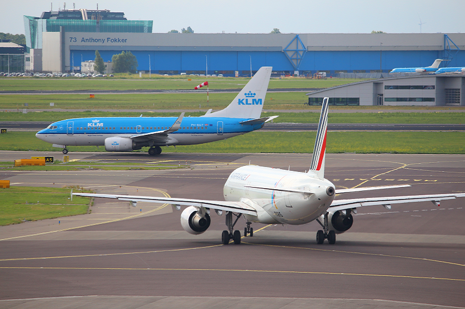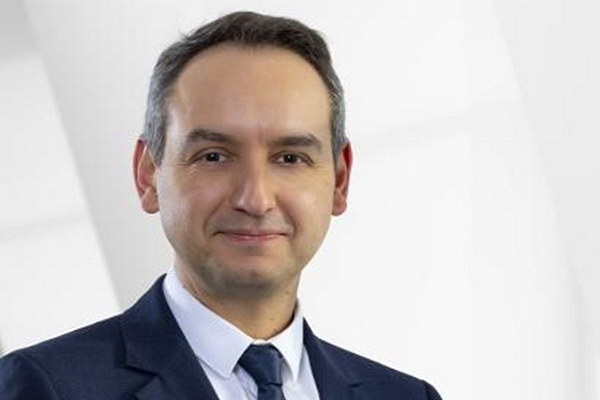
Part II of the interview with Alexandre Boissy, Air France-KLM group’s Corporate Secretary.

The Air France-KLM group companies are faced with national regulatory initiatives aimed at restricting activity. Two recent examples illustrate the desire of public authorities to regulate traffic: the French ban on flights which can be replaced by an under two-and-a-half-hour rail alternative, and the desire displayed by the Dutch government to cap activity at the Amsterdam Schiphol airport. The position of the Air France KLM group in both cases is clear: adapting activity to market developments, as well as reducing negative externalities can take place without resorting to regulatory restrictions. In 2019, the Air France group companies initiated a reorganization of their offers to adapt to changes in short-haul demand in the country. The non-connections domestic network is experiencing a decline due to the reduction in business travel and a shift to rail. The contraction of the point-to-point supply in the event of a satisfactory rail alternative occurs naturally. It began before the regulatory ban on our activities and should not threaten our interconnection model, which represents a source of attractiveness and competitiveness for all French regions. The strengthening of our intermodal offer is part of this dynamic. Between 2000 and 2019, the Air France-KLM group reduced its level of noise emissions by 39% despite travel increasing by 18%. These gains will increase with the arrival of more efficient aircraft on the market. The group is investing massively in these new generation aircraft which will reduce the noise footprint by up to 50% compared to the previous generation.
Major international events are likely to attract criminal networks which intend to profit from the flow of visitors. This summer, France will host both the Olympic and Paralympic Games, for which Air France is a partner. We are fully committed to making the Games a success and providing an impeccable level of service. This commitment includes absolute vigilance in terms of respect for human rights, which constitutes the basis of action and cohesion within each company of the Air France-KLM group.
Very concretely, respect for fundamental rights spread through our customer relationships throughout the world, including with our suppliers. The latter are, among other things, invited to sign a very strict code of conduct based on the ten principles of the United Nations Global Compact.
Internally, our employees are made aware of the tragedy of human trafficking. They have the means to identify abnormal or worrying behavior. In the event of suspicion of human trafficking, the procedures in force require reporting as soon as possible to the competent services.
Additional Information: